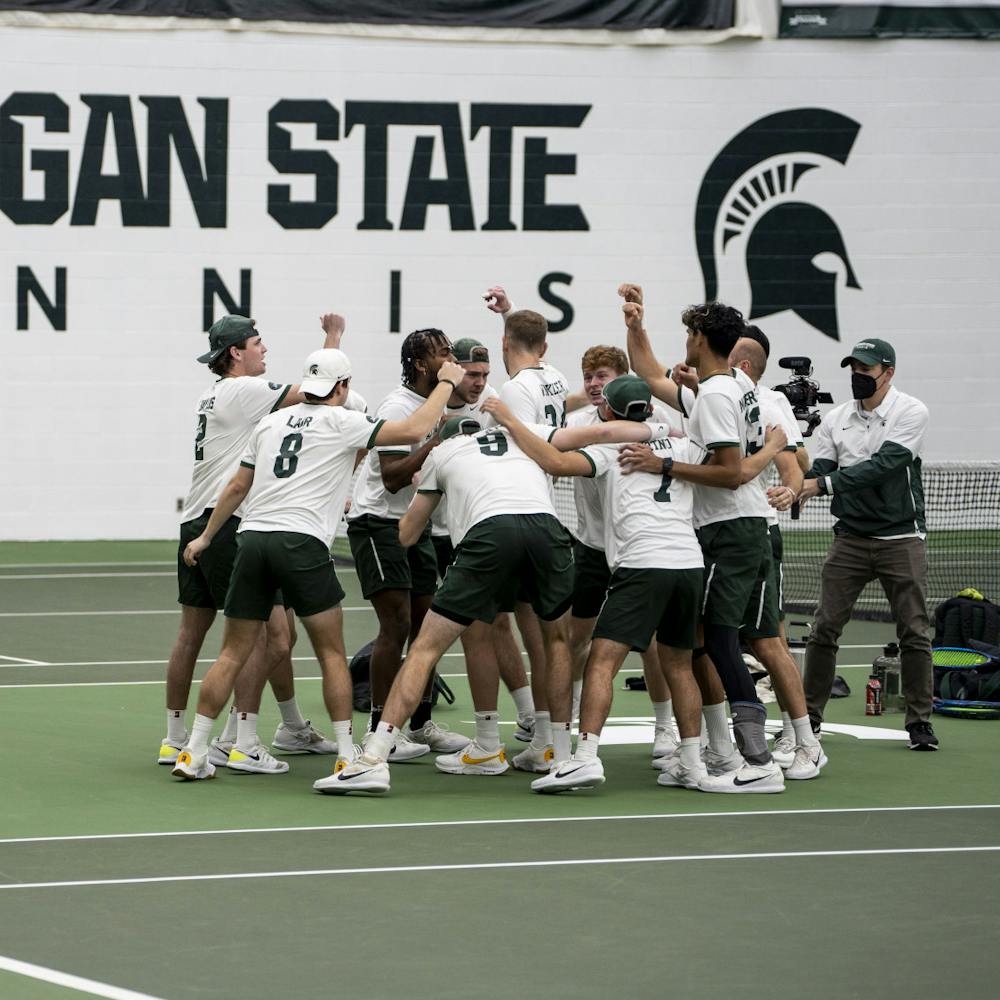An MSU professor has requested that university officials investigate him to clarify his involvement with a South Korean researcher's fabricated report on cloning human stem cells.
Jose Cibelli, an MSU professor of animal biotechnology and one of the world's top cloning researchers, said he only reviewed the research and had no involvement in making the false data.
Cibelli's name was included on the paper that Woo-Suk Hwang, a former professor at Seoul National University in South Korea, received major international accolades for after he claimed he cloned human stem cells.
But on Tuesday a Seoul National University panel confirmed his research was made up, saying "DNA fingerprinting analyses and photographs of cells have been fabricated" in the 2004 article in the journal Science.
In 2003, Cibelli reviewed a manuscript of the paper written by Hwang and 13 other researchers after all research was completed and the article had been rejected once by the journal Science.
The article claimed Hwang had created human stem-cell lines using a cloned embryo through the process of transferring somatic cell nuclei.
But Hwang has been under investigation by Seoul National University since December for alleged errors in the 2004 paper, as well as a second paper published in 2005.
"I suggested some experiments to somehow validate the results," Cibelli said, adding that Hwang's researchers did the experiments he suggested and then returned the results to him which he predicted.
"They sent to me figures and tables, and everything was perfect for the manuscript," he said.
All research and findings for Hwang's 2005 paper were falsified as well, the Seoul National University panel's summary said.
"This is a setback for millions of people who were waiting for this technology to be real, and it's disappointing," Cibelli said.
It is hard to verify from the data just what Hwang did through his research to make it appear like cloning, Cibelli said.
But the process Hwang said he used — involving somatic cell nuclei — could further understanding of diseases and potential cures, Cibelli said.
"At the same time, it's very good for American scientists," he said, adding that Hwang's missteps will encourage further interest in cloning research under American standards, safeguards and ethics.
Cibelli said he was unaware of any tampering with the research when he analyzed the manuscript, which is why he requested MSU officials to conduct their own investigation.
"They can judge for themselves that the data was misleading," Cibelli said. "What we need to do is assure that we have respected all of the ethical guidelines and not violated the scientific integrity of the institution, and the only way you can achieve that is through the independent investigation."
MSU spokesman Terry Denbow deferred to Jeff Armstrong, dean of the College of Agriculture and Natural Resources, to represent the university's position on the issue.
Armstrong said that the university's investigation is underway and will follow the normal processes used when there is a question involving science ethics. University officials cannot release details of the process and the investigation, Armstrong said.
"He's cooperated fully with the (South Korean) scientists' investigation," he said. "During the manuscript review process, there was no way that Dr. Cibelli could have ascertained fraud."
Kristen Daum can be reached at daumkris@msu.edu.






